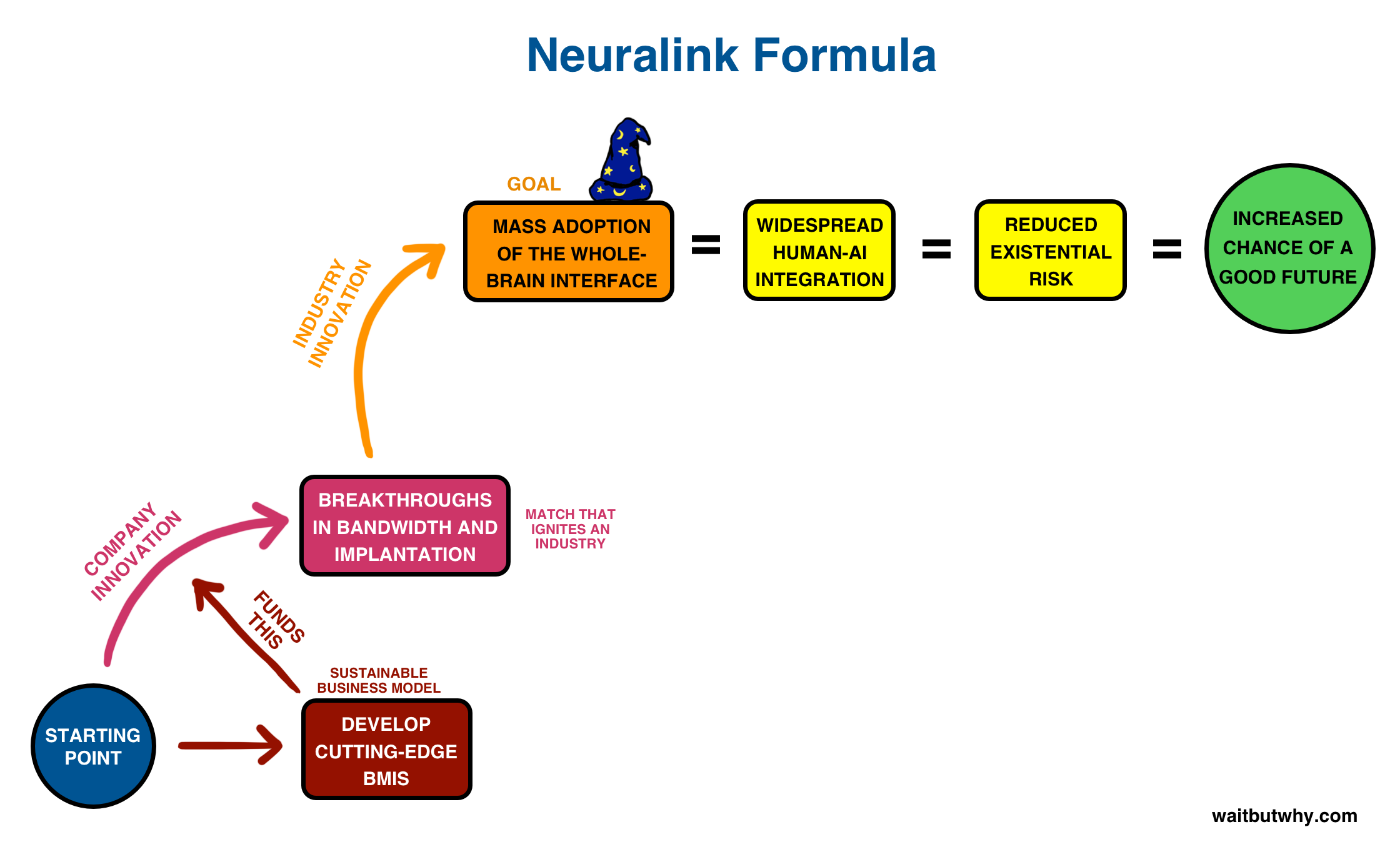Self-driving cars will be electric because of cost. And the cost will be so low, oil will not survive.
Source: This is how Big Oil will die – NewCo Shift, by Seth Miller
As inexpensive natural gas has pushed coal out of the market, coal consumption has dropped roughly 25% … The major coal companies, who all borrowed to finance capital improvements while times were good, were caught unaware. As coal prices crashed, their loan payments became a larger and larger part of their balance sheets; while the coal companies could continue to pay for operations, they could not pay their creditors.
The four largest coal producers lost 99.9% of their market value over the last 6 years. Today, over half of coal is being mined by companies in some form of bankruptcy.
When self-driving cars are released, consumption of oil will similarly collapse.
The costs of electric self-driving cars will be so low, it will be cheaper to hail a ride than to drive the car you already own.
